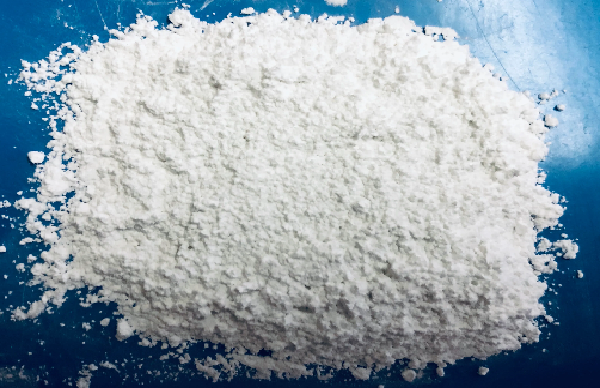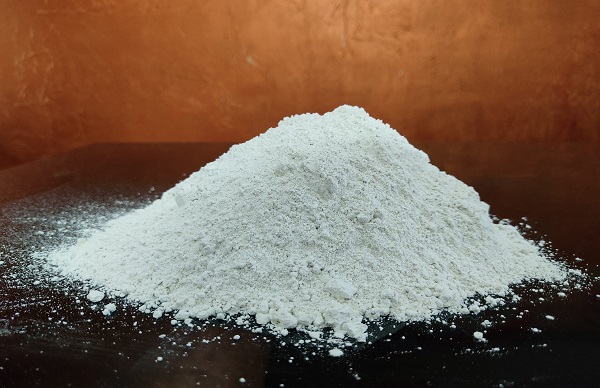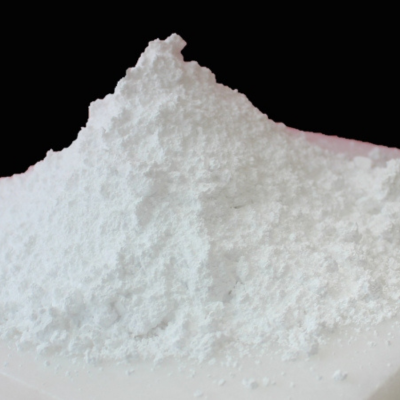
What is Calcium Carbonate with Vitamin D Used For?
September 26, 2024
Where do you buy calcium carbonate?
September 28, 2024
Understanding the equivalent weight of calcium carbonate is essential in various fields such as chemistry, biology, and environmental science. The equivalent weight helps in determining how much of a substance is needed to react with a certain quantity of another substance. For those working with calcium carbonate, which is often supplied by reliable Calcium Carbonate Powder Manufacturer companies, knowing its equivalent weight can be crucial for accurate measurements and applications.
Want to know what is the equivalent weight of calcium carbonate?
Before diving into the equivalent weight of calcium carbonate, it’s essential to understand what equivalent weight means. Equivalent weight is the mass of a substance that can combine with or displace one mole of hydrogen ions (H⁺) or electrons in a chemical reaction. In simpler terms, it tells you how much of a compound is needed to react with a standard amount of another compound.
The Formula for Equivalent Weight
The equivalent weight of a substance can be calculated using the following formula:
Equivalent Weight=Molar Mass\text {Equivalent Weight} = \frac{\text{Molar Mass}}{n}Equivalent Weight=nMolar Mass
Where:
- Molar Mass is the mass of one mole of the substance (in grams).
- n is the number of moles of the reactive species that one mole of the compound can produce.
Molar Mass of Calcium Carbonate
To calculate the equivalent weight of calcium carbonate (CaCO₃), we first need to determine its molar mass. Calcium carbonate is composed of calcium (Ca), carbon (C), and oxygen (O). The atomic weights of these elements are approximately:
- Calcium (Ca): 40.08 g/mol
- Carbon (C): 12.01 g/mol
- Oxygen (O): 16.00 g/mol
To calculate the molar mass of calcium carbonate, we use the formula:
Molar Mass of CaCO₃=(Mass of Ca)+(Mass of C)+3×(Mass of O)\text{Molar Mass of CaCO₃} = (\text{Mass of Ca}) + (\text{Mass of C}) + 3 \times (\text{Mass of O})Molar Mass of CaCO₃=(Mass of Ca)+(Mass of C)+3×(Mass of O)
Substituting the values, we get:
Molar Mass of CaCO₃=40.08+12.01+3×16.00=100.09 g/mol\text{Molar Mass of CaCO₃} = 40.08 + 12.01 + 3 \times 16.00 = 100.09 \, \text{g/mol}Molar Mass of CaCO₃=40.08+12.01+3×16.00=100.09g/mol
Determining the Reactive Species (n)
Next, we need to determine the value of n for calcium carbonate. Calcium carbonate is typically used in acid-base reactions where it reacts with acids to produce carbon dioxide and water. In this case, it can release one mole of calcium ions (Ca²⁺) and one mole of carbonate ions (CO₃²⁻) per mole of calcium carbonate. Therefore, the effective n value for calcium carbonate is 2 (as it can react with two equivalents of acid).
Calculating Equivalent Weight
Now that we have the molar mass and the value of n, we can calculate the equivalent weight of calcium carbonate:
Equivalent Weight of CaCO₃=100.09 g/mol2=50.045 g/equiv\text{Equivalent Weight of CaCO₃} = \frac{100.09 \, \text{g/mol}}{2} = 50.045 \, \text{g/equiv}Equivalent Weight of CaCO₃=2100.09g/mol=50.045g/equiv
This means that the equivalent weight of calcium carbonate is approximately 50.045 grams per equivalent.
Applications of Equivalent Weight
Knowing the equivalent weight of calcium carbonate is important for several reasons:
- Stoichiometric Calculations: When performing reactions involving acids and bases, knowing the equivalent weight helps in calculating the correct amounts of reactants needed.
- Water Treatment: Calcium carbonate is often used in water treatment processes to adjust pH levels. Understanding its equivalent weight allows for accurate dosing.
- Agriculture: In agriculture, calcium carbonate is used to improve soil quality. Calculating its equivalent weight helps farmers determine the correct amount to apply based on soil needs.
Role of Calcium Carbonate Powder Manufacturers
The production of high-quality calcium carbonate is vital for various applications. Reputable Calcium Carbonate Powder companies ensure that the calcium carbonate they supply meets industry standards for purity and consistency. This is particularly important for those using it in precise chemical reactions or formulations.
Conclusion
Understanding the equivalent weight of calcium carbonate is essential for anyone working in fields that involve chemical reactions, particularly in educational, industrial, and agricultural contexts. With an equivalent weight of approximately 50.045 g/equiv, this knowledge helps in making informed decisions when using calcium carbonate for various applications. Always consult with a reliable Calcium Carbonate Powder to ensure the quality and suitability of the product for your specific needs. One such trusted manufacturer is Sudarshan Group, which is committed to providing high-quality calcium carbonate tailored to meet various industrial requirements. By choosing Sudarshan Group, consumers can be assured of receiving products that contribute effectively to their applications while maintaining industry standards.



